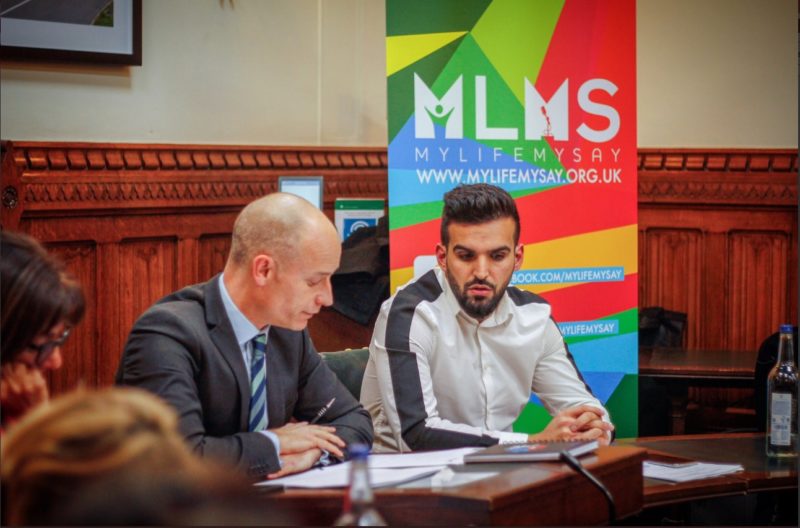
House Magazine
There’s no doubt that Britain is a great country with so much going for it; economically, democratically, and culturally. But we are more divided than we have been at any time since the Second World War; young versus old, city versus town, graduate versus non-graduate.
These are the fault lines on which our nation precariously stands, and they were ruthless exposed by the EU referendum. If you are young, or a graduate, or living in a big city this makes it more likely that you voted Remain. If you are older, or left school at 16, or live outside the major cities you are more likely to have voted Leave.
Those are the facts of the matter. But these divides are also driving a chasm in values. Members of the former group tend to hold more Cosmopolitan values. They tend to be comfortable with fast-paced change – globalisation, multiculturalism, technological change – and are likely to feel the changing world has benefited them. They see the role of society as serving the rights of the individual, not the other way round.
Members of the latter group are more likely to have Communitarian values. They feel that the fast-changing world presents as many risks as opportunities and has failed to benefit them. De-industrialisation has cost their towns jobs and a sense of identity, online shopping has ripped up their high streets, they see fast-paced population change as a risk to their way of life rather than something we should automatically embrace. They value the rules and social norms, personal responsibility, contribution, security, stability and community.
Although the EU referendum certainly sharpened and deepened these divides, it did not create them. These divides are the consequence of political choices over the past 40 years, largely made by Cosmopolitan politicians at the expense of the Communitarians.
Thatcher sold out the miners, New Labour had no industrial strategy, Cameron foisted austerity onto the areas that could handle it least, and no Prime Minister has come up with any kind of half-decent strategy to support the so-called forgotten 50% who don’t go to university.
But these divides are driven as much by culture as by politics. We hear a lot about social media echo chambers and it is a worry that mute buttons and algorithms combine to make it very easy to block out views we disagree with. It is clear to me that the biggest problem in society today is that people simply don’t talk to each other, let alone listen and understand each other.
It is for that reason that I recently launched the All Party Parliamentary Group for Reuniting Britain post-Brexit, in partnership with My Life My Say. There is pressing need for this APPG and I am pleased to say we have a huge group of young talented people who want to help us get out of this crisis, so now is the time for us to start taking on this challenge.
What we need to do first is to focus on communication. For instance, I’m really keen to get Londoners down to meet my constituents in Aberavon and Aberavon’s young people up to London. Each group can learn a lot from each other.
My Life My Say’s Democracy Café events, which are supporting a new campaign ‘Building Bridges for our #CommonFutures’, are a great start and will bring people together from across different communities and generations in each region of the UK.
Over the future months we’ll discuss the ideas and the policies which can help re-unite different groups. A key question will be “how can we help create a fairer society that all people feel they have a stake in?”
We need more co-operation not just in politics but also in wider society. Compromise is not a dirty word, and it is absolutely essential if we are to build strong, cohesive, inclusive communities.
We’ve seen where division and polarisation in our country has taken us; and that’s into a state of paralysis, particularly over Brexit.
I hope our APPG will play an important role in reaching out across those divides, to understand each other, to build those bridges and to shape a post-Brexit Britain of which we can be truly proud.

